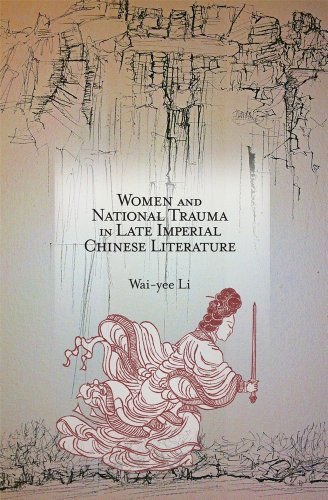
WomenandNationalTraumainLateImperialChineseLiterature
[ 近代史 ]
作者:Wai-yeeLi
1
0
推荐者:百科书库 2023-04-06 16:18:37
本书简介
- 作者:Wai-yeeLi
- 出版社:HarvardUniversityAsiaCenter
- 出版年:2014-8-11
- 页数:650
- 定价:USD69.95
- 装帧:Hardcover
- 丛书:Harvard-YenchingInstituteMonographSeries
- ISBN:9780674492042
The Ming-Qing dynastic transition in seventeenth-century China was an epochal event that had a significant impact on Qing writings and beyond. The political disorder was intertwined with a thriving literary and cultural production. Women and National Trauma in Late Imperial Chinese Literature focuses on the discursive and imaginative space controlled by women.
The book covers writings by women and men writing in a feminine voice or assuming a female identity. It also comprehends writings that involve women as a symbol through which authors convey their lamentation, nostalgia, or moral questions regarding the fallen Ming. The book delves into the mentality of those who remembered or reflected on the dynastic transition, as well as those who invented its significance in later periods. It illustrates how history and literature intersect and how conceptions of gender mediate the experience and expression of a political disorder.
By exploring the variations on themes related to gender boundaries, female virtues, vices, agency, and ethical dilemmas used to allegorize national destiny, Wai-yee Li investigates why and how they are employed. Through pursuing answers to these questions, Li explores how the multivalent presence of women in different genres provides a window into the emotional and psychological turmoil of the Ming-Qing transition and subsequent national trauma moments.
作者简介
Wai-yeeLiisProfessorofChineseLiteratureatHarvardUniversity.
相关推荐
思想是生活的一種方式
王汎森教授的新作《思想是生活的一種方式:中國近代思想史的再思考》由兩部分文章組成。其中,一部分探討近代中國思想中「主義時代的來臨」這一主題,另一部分則闡述了對「思想是生活的一種方式」這一研究方向和態度 王汎森 2023-04-06 13:00:07© 2023-2025 百科书库. All Rights Reserved.


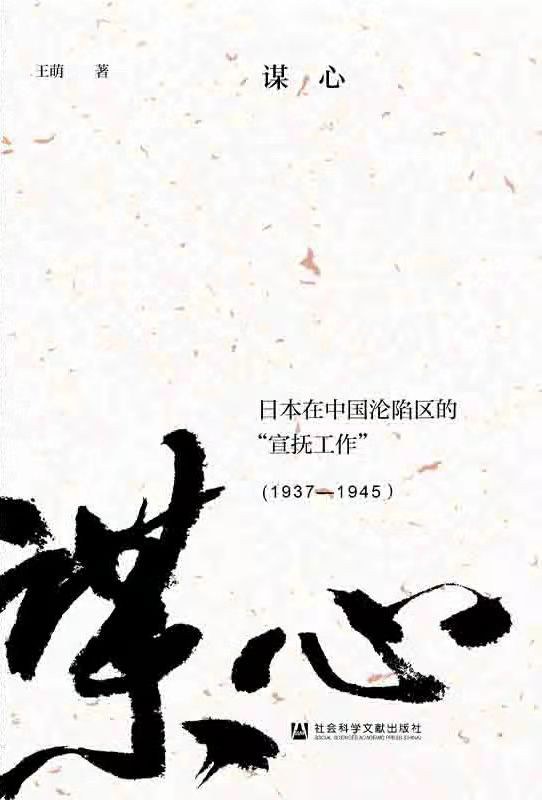
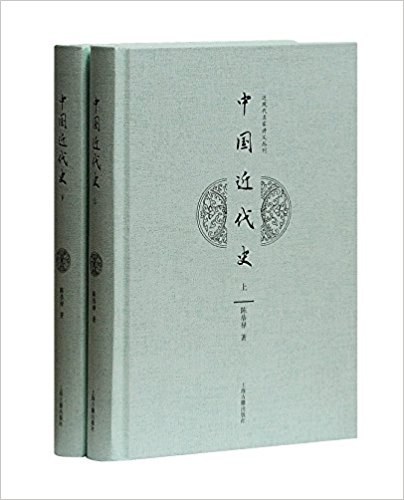
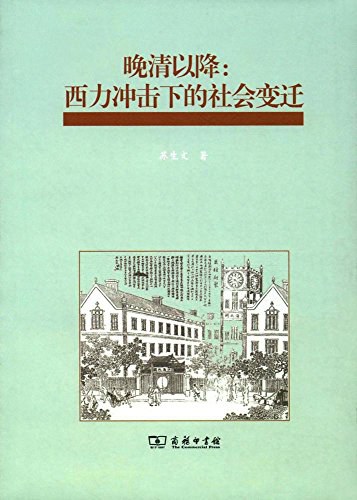
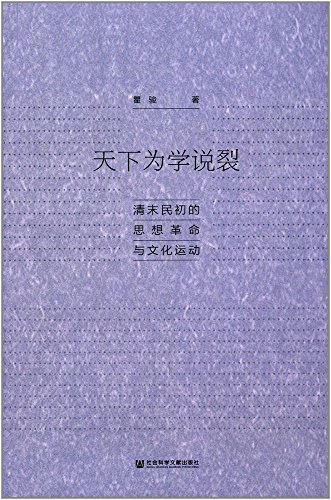
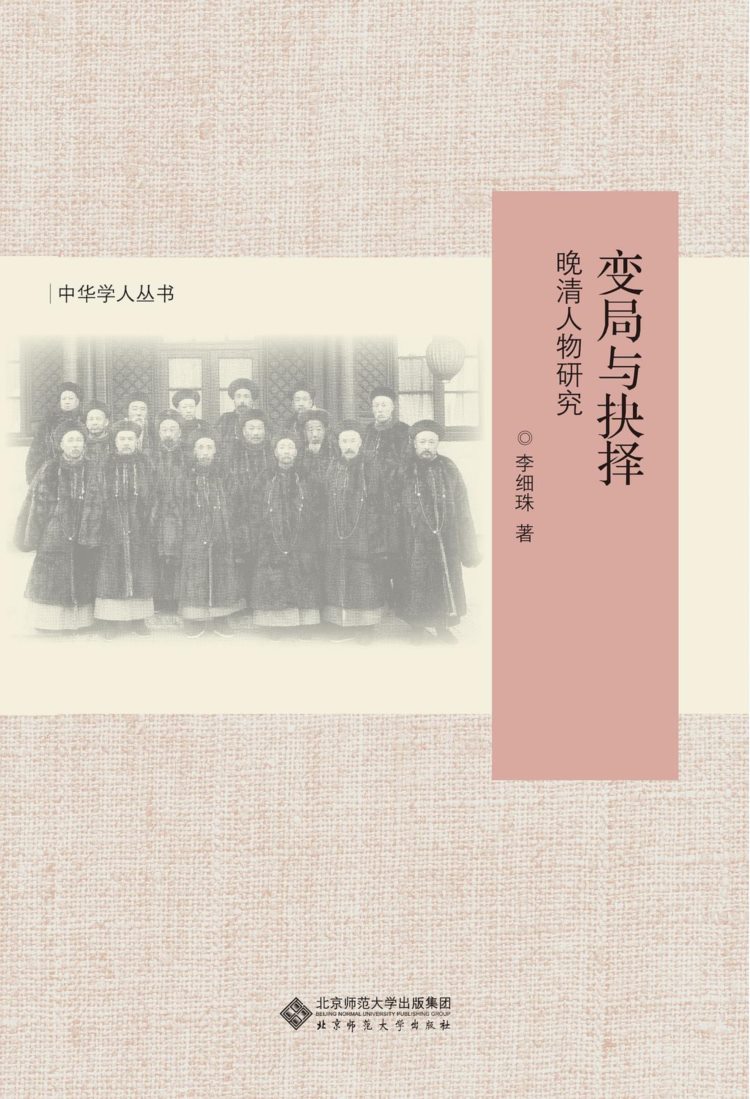
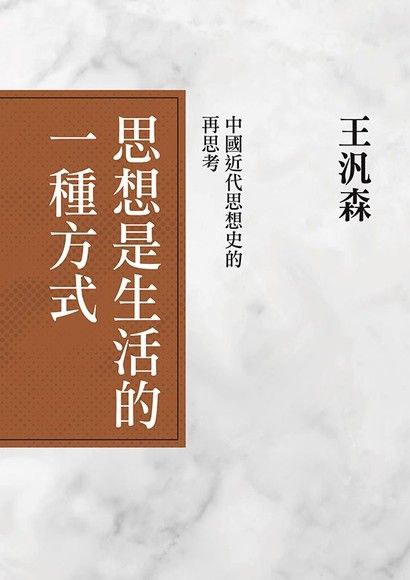
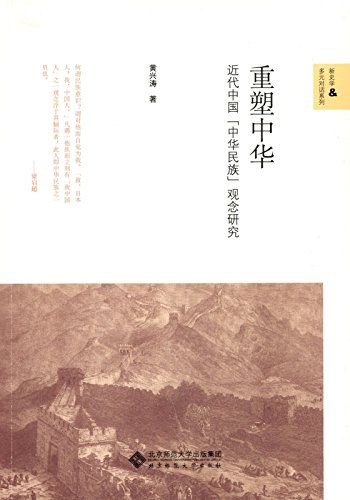
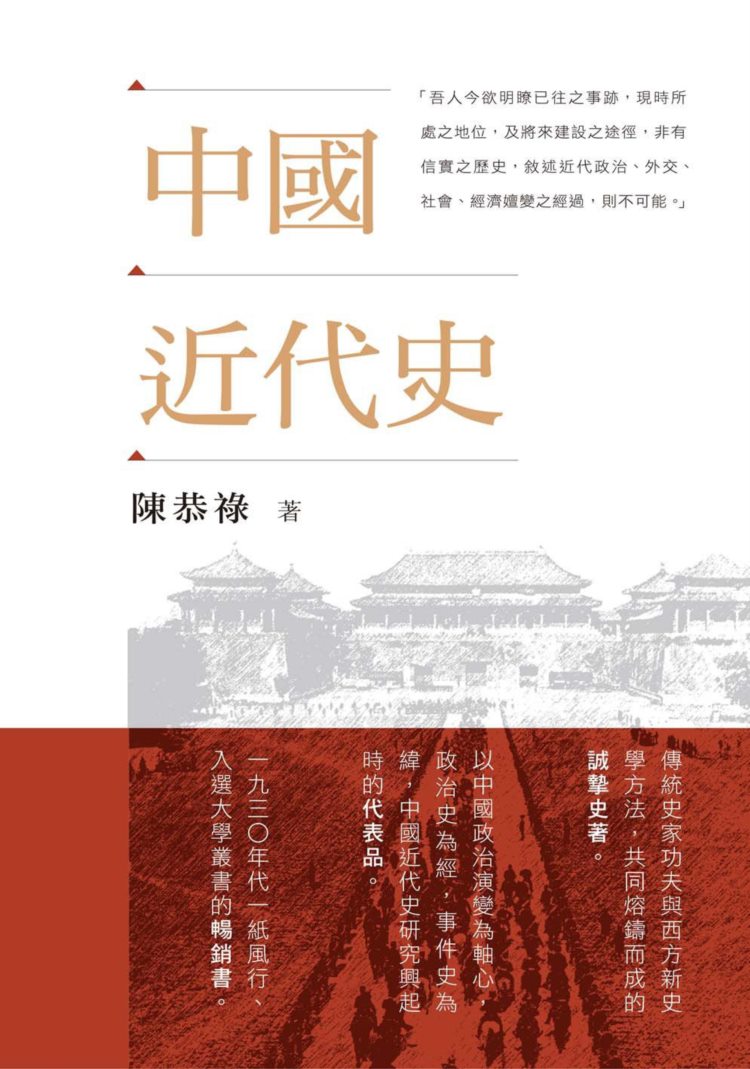
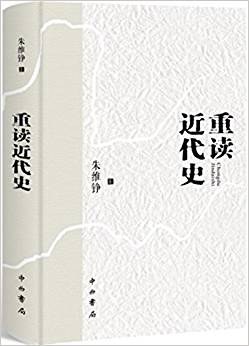
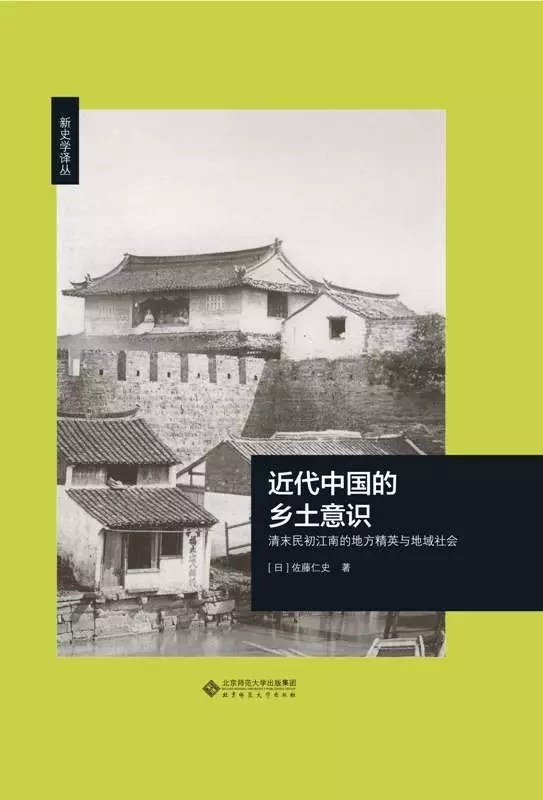
发表评价